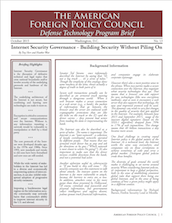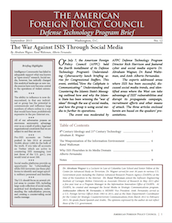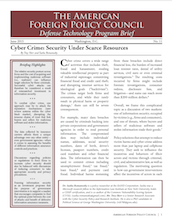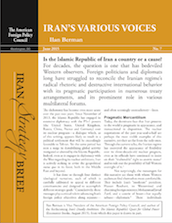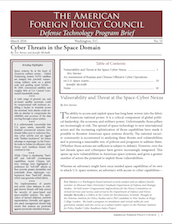
Understanding Cybersecurity - Part 5 | Military Cyber Operations
What is the role of cybersecurity in the conduct of war and ongoing security operations? Policymakers, academics, and journalists often think of cybersecurity as a single domain problem. That is to say, they view cyber operations as taking place solely within its own domain—one that is separate from land, sea, air or space. This perspective, however, overlooks the fact that computer systems and networks pervade society and the physical environment, and are present to some degree in all physical environs and across the three levels of war (strategic, operational, and tactical). Modern militaries employ forces in a “joint” manner, combining the specific platforms and technologies of different services to achieve a more effective force. National security policymakers should similarly see both kinetic and cyber capabilities as part of a broad set of tools available to achieve their objectives. Thinking of cybersecurity as a limited or separate space, wholly distinct from the other domains of conflict, limits the potential for understanding its strategic utility...
